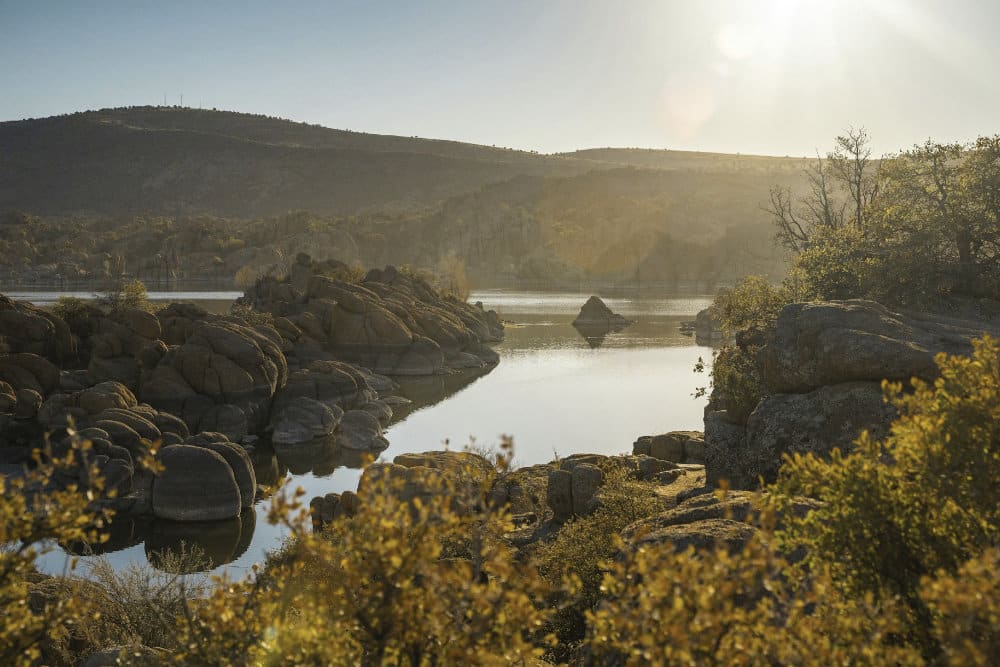
15 Feb The Processes For Criminal Cases In Arizona
You’ve been arrested for allegedly committing a crime in the state of Arizona. What should you expect? At Coolidge Law, we specialize in Arizona’s criminal law. We’re here to help you understand the legal processes for criminal cases in Arizona. Give us a call today, and let’s talk.
What Should I Expect?
No one wants to have to walk through the court procedures associated with being arrested for criminal conduct. But knowing what’s coming can make the process less frightening. Here is a partial breakdown of the process you’ll go through in Arizona’s court systems, should you be arrested for a crime:
- Brought before a judge—within 24 hours of the arrest a defendant (the person charged with a crime) must either be brought before a judge or released. At that appearance, charges are made clear to the defendant. Conditions for release from jail are also determined by the judge and declared to the defendant. The defendant is also made aware of his or her right to an attorney and of his or her right to remain silent.
- Preliminary Hearing—if there is a preliminary hearing, both the prosecuting attorney (representing the state or local government) and the defending attorney (representing the defendant) may call witnesses and give testimony either for or against the defendant. If the judge decides there is enough evidence for probable commission of a crime, a date is set for the arraignment of the defendant.
- Arraignment—at the arraignment the defendant enters a plea of not guilty, guilty, or no contest. If a defendant pleads not guilty, the judge sets a trial date. If the defendant pleads guilty or no contest, the judge sets a date for sentencing.
- Trial—with a not guilty plea, a defendant is entitled to a trial before a jury or a judge. Both attorneys are present, and both have the option of giving opening statements. The prosecuting attorney always speaks first, and begins with an opening statement.
-
- Witnesses may be called to testify, and are asked questions by the attorneys. If a prosecuting attorney has called a witness to the stand, the defending attorney may cross examine concerning their testimony, and vice versa.
- When the prosecution has completed their part of the trial, the defending attorney presents evidence and any witnesses and testimony. The defendant is innocent until proven guilty, so the defending attorney will attempt to create reasonable doubt that the defendant is guilty.
- Any physical evidence that is presented must be acceptable as defined in the Arizona Rules Of Evidence.
- If the defending attorney decides there is not enough evidence in a case, they may ask the judge to decide in the defendant’s favor. If the judge agrees there is not enough evidence, the trial ends. If the attorney does not ask for favor, the trial continues.
- The trial continues until all testimony and evidence has been presented by both sides. Both the prosecuting attorney and the defending attorney then present their closing arguments, summarizing the evidence and testimonies on behalf of the state or local government (prosecuting attorney) or on behalf of the defendant (defending attorney).
- After closing arguments, the judge instructs jury members (if there is a jury) on how to correctly interpret the law and the information they have heard and seen, and the jury is sent into deliberation.
- In a separate room, the jury first elects a foreman to lead their discussions. When the jury members have considered all the facts and come to a decision, they return to the courtroom.
- In the courtroom, the foreman hands a written verdict to the judge, who then enters a judgment that is based on the jury’s verdict.
- For a not guilty verdict the defendant is released immediately. If a guilty verdict is reached by the jury, a date is set for sentencing.
-
-
- Sentencing—the judge hears the statements of the prosecuting attorney and the defending attorney, as to their recommendations for sentencing. In Arizona, the judge must sentence within state sentencing limits.
- Appeal—with the death penalty, an automatic appeal is filed with the Supreme Court. All other cases that are appealed will go to the court of appeals.
A Good Attorney
If you’re arrested for a crime in Arizona, a good attorney can make all the difference. Todd Coolidge, of Coolidge Law, is caring, fair, and when it comes to defending you, he’s comprehensive. If you want a strong lawyer for a strong case, contact us today.




